Ask our optical dispenser
Your request was successfully submitted!
What Are the Three Types of Eye Doctors?

Reviewed by
Beck Jinnette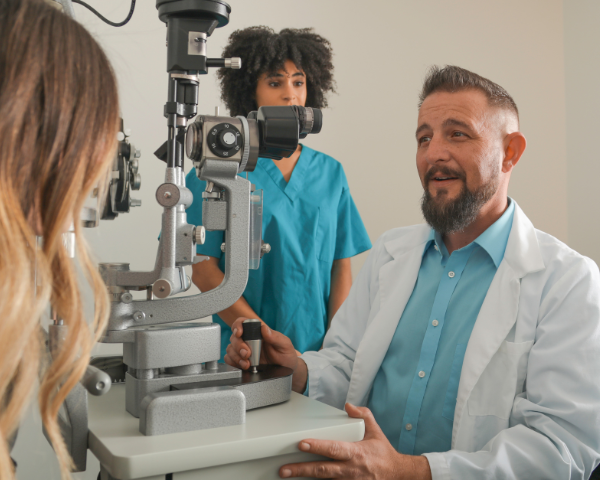
People tend to take their health for granted, and eye health is no exception. The general vision comfort and lack of eye pain that most of us enjoy on a daily basis isn’t given a second thought, until that situation changes. When it does, we become acutely aware that something isn’t right, but we can’t diagnose and treat it ourselves.
So who should you seek eye care from? An optometrist, ophthalmologist, or optician? Are they all eye doctors? Are they all medical doctors? Choosing the right eye care professional plays an important role in maintaining your eye health.
There are actually just two main types of eye doctors: optometrists and ophthalmologists. Opticians can provide certain optical services but they are not healthcare professionals. If you are confused about the role of each one and what they can do to help, here is our guide explaining the key differences between them.
What is an ophthalmologist?
An ophthalmologist is a doctor who specialises in eye and vision care. Ophthalmologists are the most highly qualified eye care specialists and are licensed to practice medicine.
This enables them to diagnose and treat a wide range of vision disorders and eye health problems, and to perform eye surgery. To see an ophthalmologist, you need a referral from an optometrist or a GP.
DID YOU KNOW
Most ophthalmologists participate in academic research at some stage in their training, and many continue it throughout their careers.
Ophthalmologists generally complete 12-14 years of education, including medical school and additional medical training. They can specialise in a specific area, meaning they may have more in-depth training and knowledge on certain complex conditions and eye diseases.
Ophthalmologists provide the following services:
- Vision services: performing eye exams and vision tests, prescribing and fitting eyeglasses to correct vision problems.
- Diagnosing and prescribing medications to treat eye diseases such as glaucoma, iritis, and chemical burns
- Performing eye surgery for trauma, cataracts
- Plastic surgery relevant to the eyes, such as eyelid surgery
- Implementing laser therapy
What is an optometrist?
An optometrist is a doctor of optometry as opposed to a medical doctor. This is the main difference between an optometrist and an ophthalmologist. After college, they complete an average of four years (this can vary from country to country) of optometry school rather than medical school.
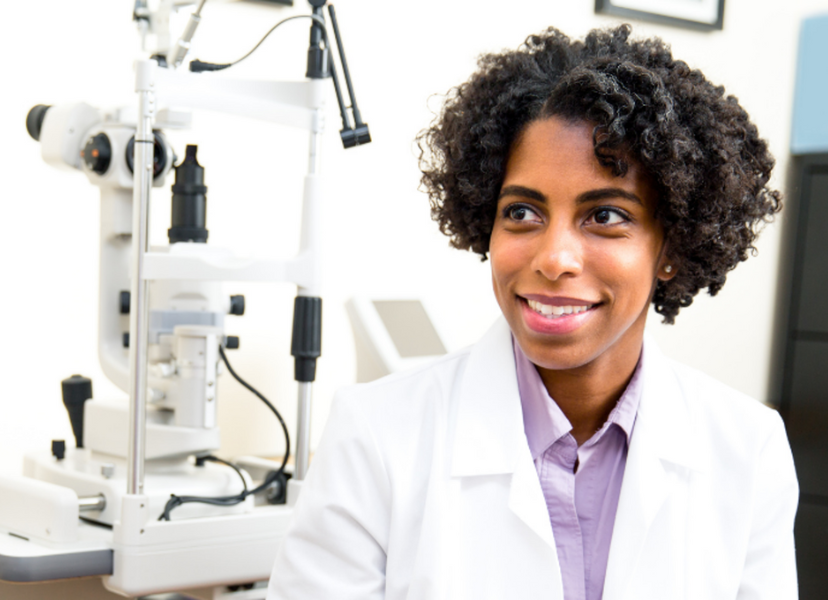
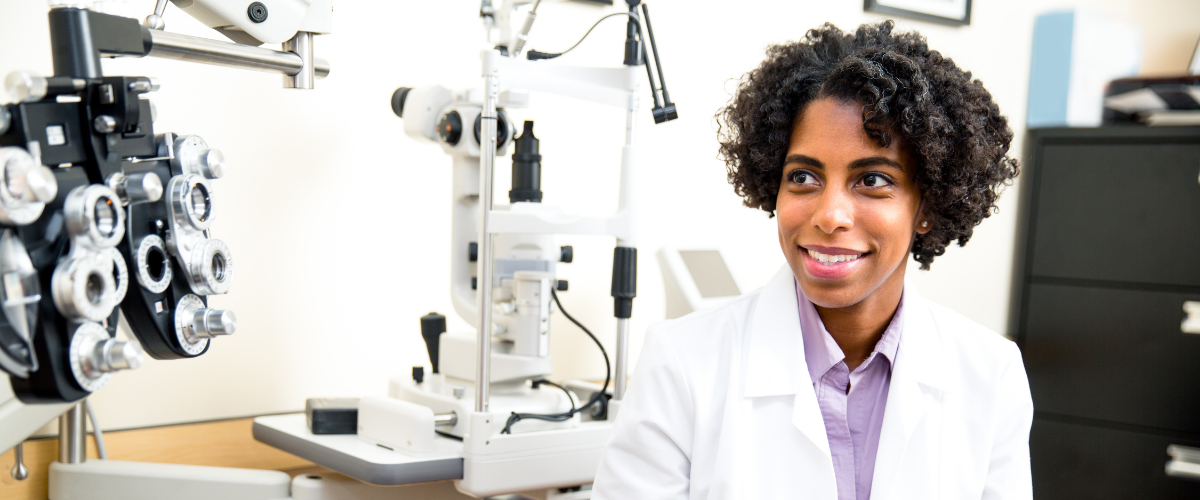
They receive a doctor of optometry degree upon completion of their professional program. As they are licensed to practice optometry, their primary responsibility is to provide vision care services such as eye exams and vision tests, as well as to detect certain eye conditions and prescribe medications.
They are not trained or licensed to perform surgical procedures and will refer you to an ophthalmologist if surgery is required.
Optometrists provide the following services:
- Primary vision care services: eye exams, sight testing, and routine eye care
- Writing prescriptions for eyeglasses and contact lenses
- Fitting corrective lenses and other visual aids to correct refractive errors such as nearsightedness, farsightedness, and astigmatism
- Prescribing medications to treat eye conditions and some eye diseases
- Providing post-surgical eye care and vision therapy
What is an optician?
Opticians, also called optical dispensers in some countries, are not eye doctors, so performing medical and surgical procedures is beyond their remit. An optician is a customer care representative in a vision care store or in an optometrist’s office. They sometimes also provide online assistance, as is the case with our ask the optician feature.
They are technicians trained to design, verify, and fit the frames and lenses of eyeglasses and contact lenses. They are not permitted to diagnose or treat eye conditions, give medications or perform surgeries to treat eye diseases.
Opticians provide the following services:
- Fitting and dispensing corrective lenses for eyeglasses or contact lenses based on the prescription written by the optometrist/ophthalmologist
- Selling, adjusting, and repairing eyeglasses and contact lenses
- Providing information related to types of lenses and frames to help you decide which works best for you
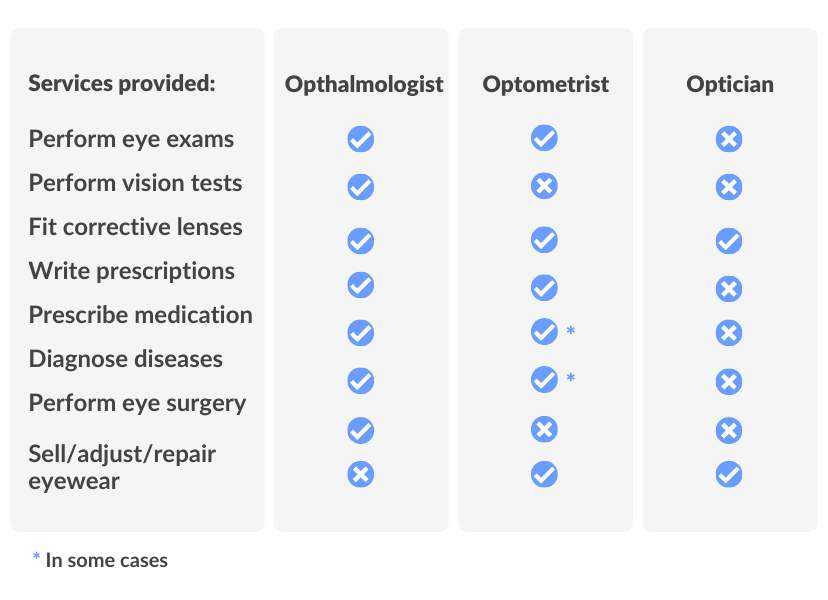
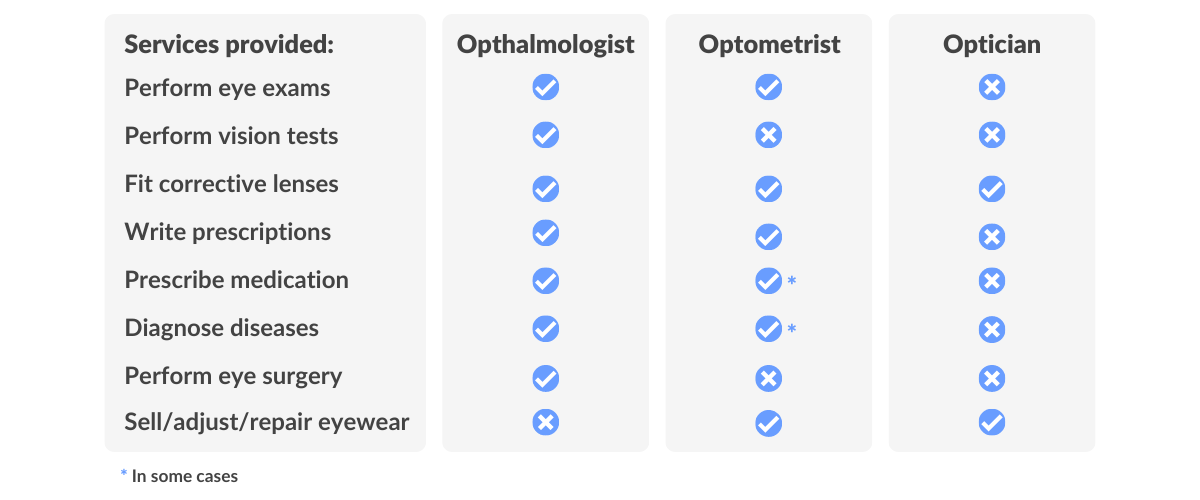
Which type of eye doctor should I see?
The type of eye doctor you choose will depend largely on your condition and the type of eye care required. If your eyes are healthy and you do not need any prescription medications or surgical treatment, you can go to either an optometrist or an ophthalmologist, as both can perform routine eye checks.
If you have common, minor eye problems such as dry eyes or eye infections, you can seek out medical treatment from an optometrist.
If your eye problems are more severe such as glaucoma, macular degeneration, or cataracts, you need a highly trained and skilled eye specialist as they have the ability to monitor and treat your condition.
In these situations, an ophthalmologist is your ideal choice. The ophthalmologist may be required to perform surgery if needed to treat your eye disease. You’ll need a referral from your GP or optometrist should this be the case.
Last but not least, referrals are often a good idea when you are choosing an eye doctor. You can look for recommendations from friends and family to help you to find a competent eye specialist who you trust.
How often should I get an eye test?
Regular eye tests are key to maintaining healthy vision. Due to the nature of the eye and the processes of growth and aging, the recommended frequency of eye tests is not the same for every age group.
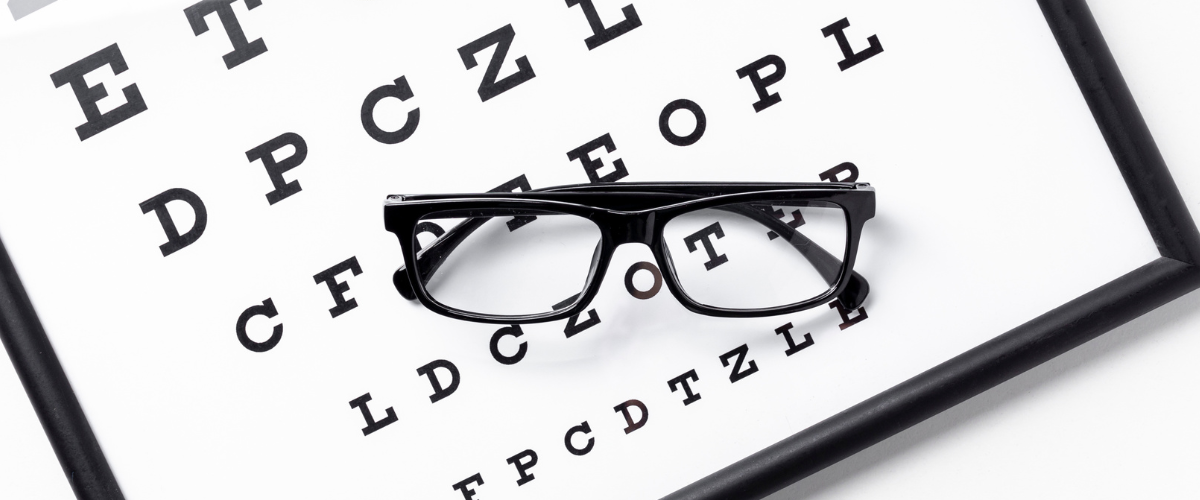
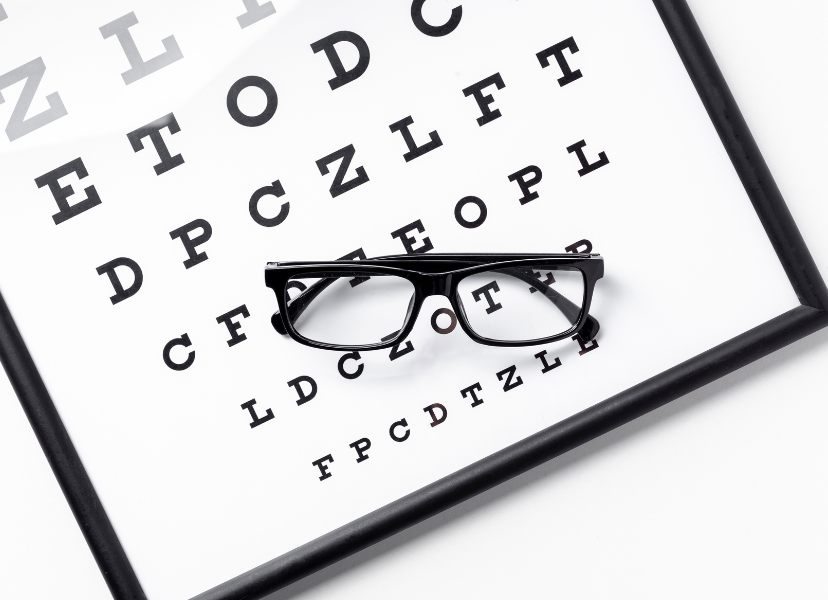
- 6 months – 5 years old: In the absence of signs of vision loss, a child should have their first eye test at 6 months old. They should then have another one between the ages of 3 and 5 years old. If you ever have concerns about your child’s vision, for example, if they often walk into things or are accident prone, seek to see a professional.
- 6-18 years old: Children and teenagers grow rapidly, which means that vision problems can develop suddenly. Annual eye tests ensure that any potential vision changes are detected and the cause treated as soon as possible.
- 19-64 years old: An eye test every two years is advised for people in this age bracket. More regular tests could be necessary depending on eye health and family medical history
. - 65+ years old: Many eye problems can develop or worsen as we get older, sometimes as a result of other existing health conditions. Yearly eye tests are recommended for those over the age of 65, in order to monitor the progress or potential development of conditions like presbyopia, cataracts or age-related macular degeneration.
- These are just general guidelines. You should always follow the advice of your eye doctor in relation to how often you need to get your eyes tested. People with different vision and eye health issues may require check-ups more frequently than what is outlined above.
Choosing the right eye care professional
Ophthalmologists, optometrists, and opticians are all different types of eye care professionals, educated and trained to perform different functions. When you have a problem with your eyes or eyewear, try to evaluate the severity of the situation before deciding on the best course of action.
For example, ophthalmologists are the most highly qualified eye health professionals capable of providing the most complete eye care. As such, there could be a longer waiting list for an appointment with an ophthalmologist than an optometrist. But depending on the eye care you require, an optometrist may be able to provide the same service, possibly at an earlier date.
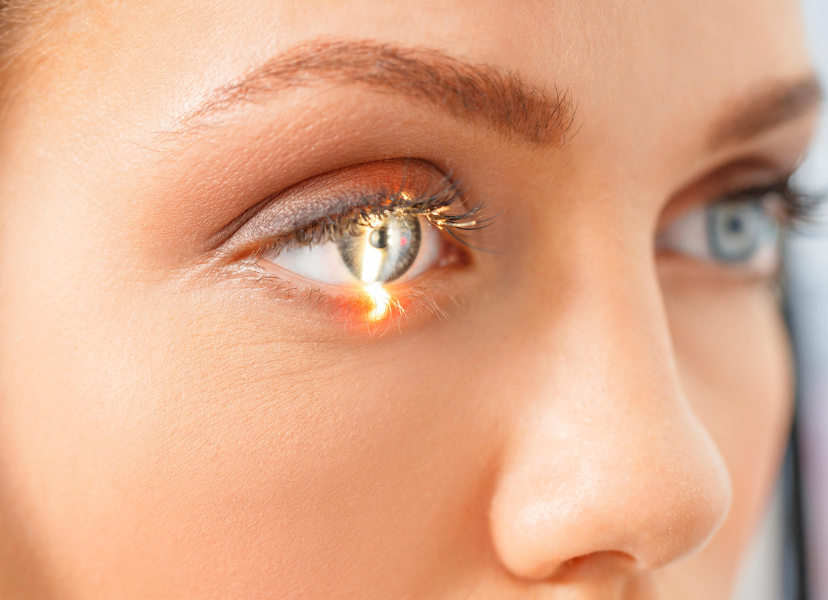
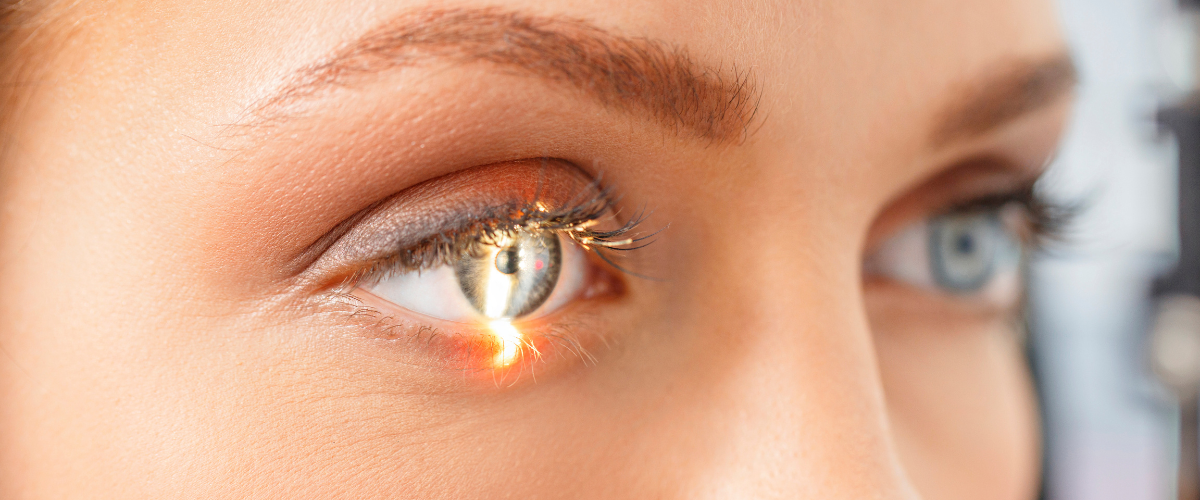
When your prescription is up to date, and your needs are strictly related to your eyewear, you can go to an optician. They can give advice and recommendations on which types of lenses and frames would work best for you, provide new eyewear, and repair or adjust your glasses.
At the same time, remember that an optician is not a medical doctor and therefore cannot diagnose or treat your eye disease. An optometrist can write prescriptions to treat certain conditions, but will not be able to provide surgical intervention if it’s needed.
Consulting the wrong person can be a waste of time for both you and the eye health professionals, and will only prolong and possibly exacerbate your problem. To ensure you get the necessary eye care as efficiently as possible, bookmark this article for quick access and check it whenever you have doubts about who you should see.
You can ask our opticians if you’re still unsure, and they’ll be able to point you in the right direction.





































